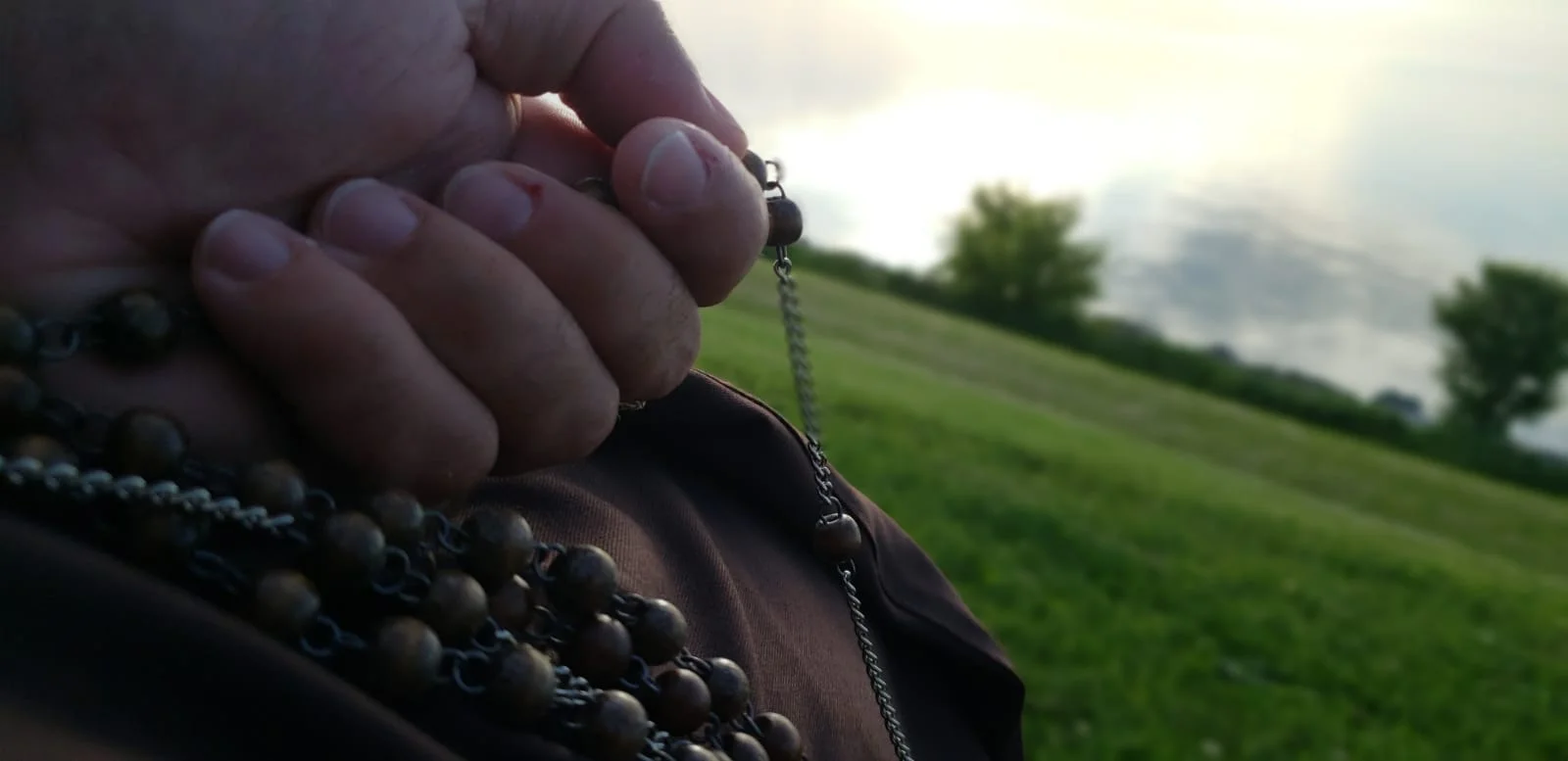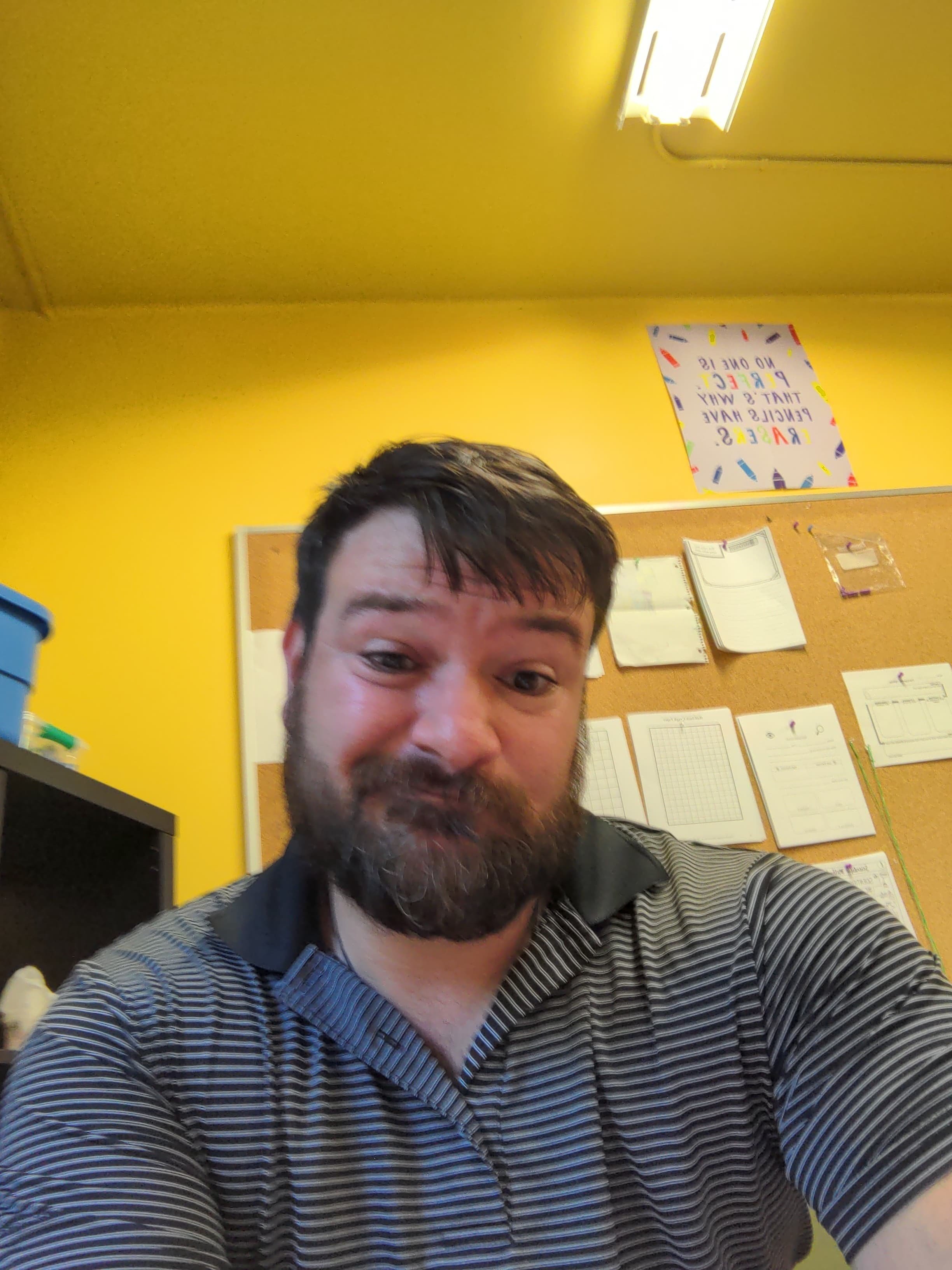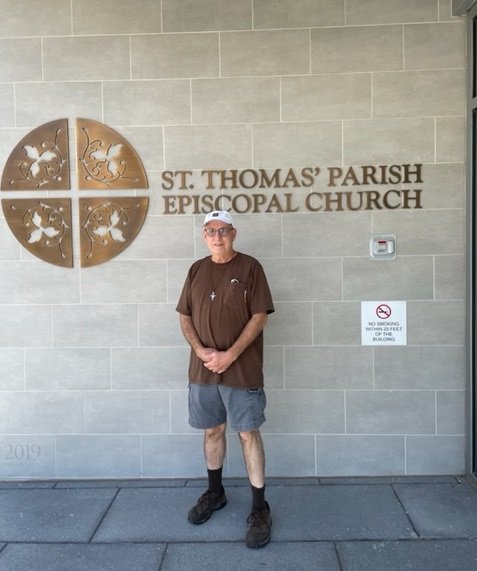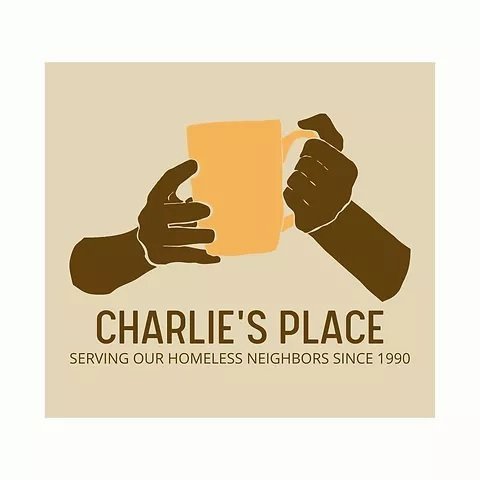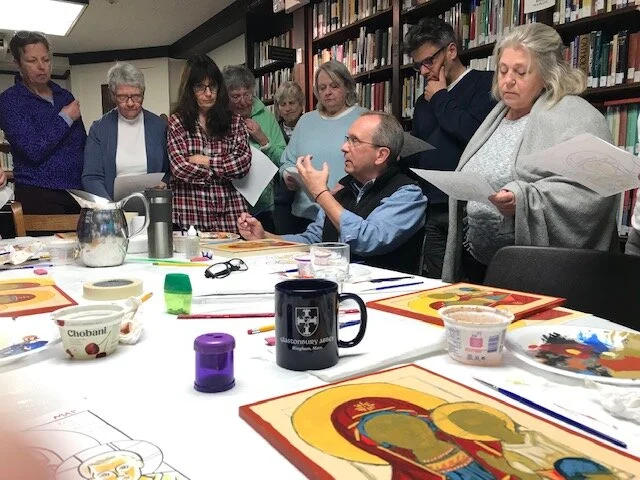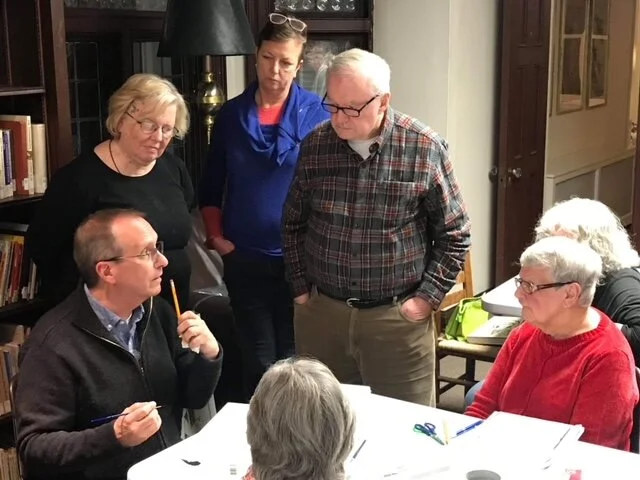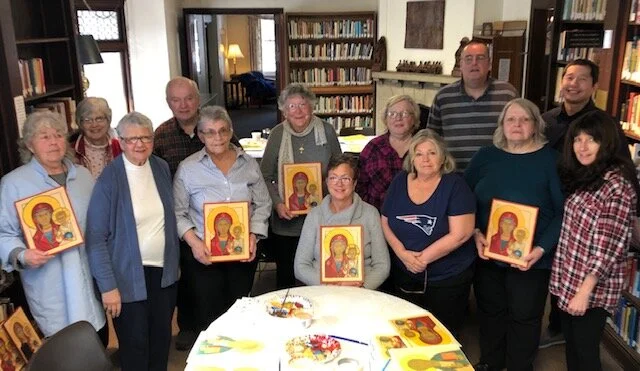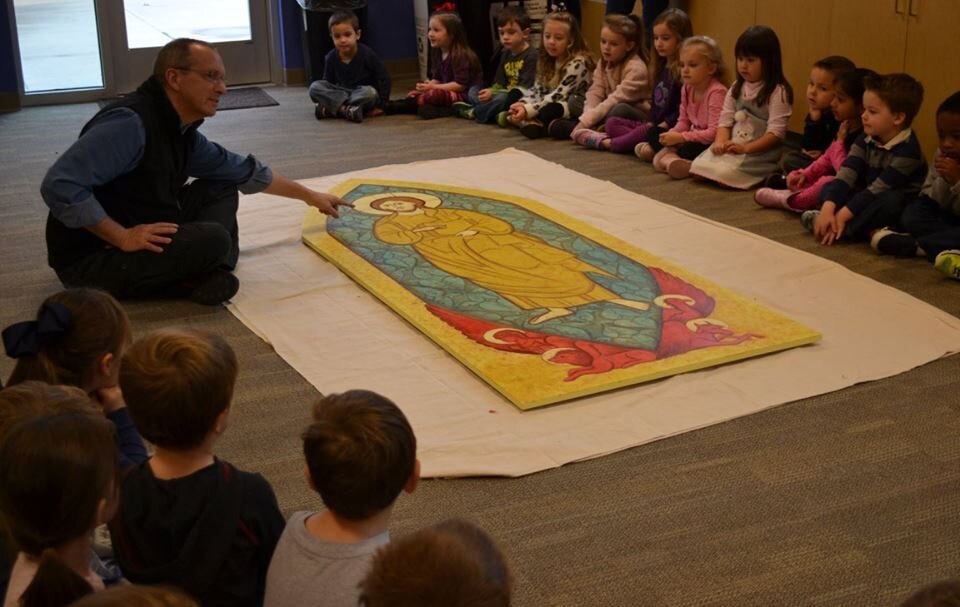Francisco, quien es mas importante, el amo o el sirviente? El amo, respondió el joven. Por que entonces pues dejas al amo para servir al sirviente?
Hace mas de ocho siglos esta pregunta resonó en lo mas profundo del corazón de un joven que lo tenia todo. Un joven que había puesto sus esperanzas en alcanzar la nobleza y asegurar de esta manera la aprobación y el aplauso de la sociedad importante de su tiempo. Quien es mas importante, el amo o el sirviente? Una pregunta como esta puede casi siempre servir como punto de partida para un proceso de re evaluación de prioridades. Es esta misma pregunta la que sacudió profundamente a Francisco, de tal manera que lo llevo a re plantearse súbita y drásticamente su pasado, su presente y su futuro. El joven trovador y exitoso enamorado, que pasaba las noches en fiestas y banquetes de la nobleza de Asís, ahora se encontraba frente a un cuestionamiento que le daba un vuelco a su vida para ponerlo frente una nueva realidad. Cuando Dios habla al corazón, Dios siempre inquieta, intriga y enamora. El llamado a la consagración en la vida religiosa es precisamente un inquietante murmurar, que nace en las entrañas del discípulo al haber escuchado la voz del Maestro. Surge una turbación sana en el alma del discípulo, que le lleva a replantearse toda su vida y a formularse nuevas preguntas existenciales, que como consecuencia, van poner en tela de juicio previos conceptos, valores y hasta ideales. Es en medio de este proceso que la vocación comienza a formarse así como un bebe en las entrañas de una madre. Comienzan a surgir en el alma del discípulo grandes inquietudes que lo envuelven en una intriga hechizante y enamoradora . Se comienza a descubrir el rostro del Maestro y este rostro no solamente fascina y deslumbra, sino que también conquista el corazón del que es llamado. Por mucho tiempo se ha tenido la idea de que los consagrados son una especie de superhombres con innumerables dones y capaces de elevarse en espíritu a unos niveles realmente altruistas de Fe. Durante siglos, la iglesia y los creyentes han desvirtuado y muchas veces olvidado el verdadero sentido de la vida consagrada. No es menos cierto que en la consagración de el alma a Cristo, así como en el altar el pan y el vino se transforman en cuerpo y sangre de Cristo, también el consagrado se expone a una transformación profunda y autentica, pero esta transformación requiere de una respuesta seria de aquel que es llamado. Al consagrar la vida a Cristo, el religioso comienza a replantearse sus prioridades y se pone en la presencia del Espíritu con una apertura a la fuerza renovadora de Dios en su vida. No hay grandes poderes en la vida de un religioso, pero si hay ciertamente grandes opciones. La oración es una de ellas. El consagrado, en una relación personal y profunda con el Maestro, comenzara un camino de comunicación diaria al que llamamos oración. Para el religioso, la oración es el sustento y el motor de su diario caminar, sin embargo, para el franciscano, la meta es hacer de la vida misma una oración. En los inicios, la liturgia de las horas diaria propone una disciplina en la vida del consagrado. Así como para Francisco, para el hermano franciscano, la vida se va convirtiendo en una constante oración y cada evento de cotidiano caminar va siendo vivido en la presencia de Dios y va siendo ofrecido como una constante oración. Para muchos la oración es un momento preparado y reservado del día. Para el franciscano , la oración esta sucediendo sin cesar y es una bendición descubrirla viva y latente en nuestro alrededor y entonces formar parte de ella. Mas que un detenimiento para orar, es una vivencia al hacernos presentes y hacernos conscientes de tanta oración que constantemente se sucede a nuestro alrededor. Dios , que ha llamado a una entrega mas profunda al religioso, va no solo cautivando su corazón, sino que también presentándole a un nuevo mundo de realidades quizá antes nunca vistas. Quien es mas importante, Francisco, el amo o el sirviente? El franciscano al consagrar su vida , ha de hacer un espacio diario para que esta misma pregunta le interpele y despierte cada día. Redefinir nuestros amos y nuestros sirvientes requiere no solamente mucha valentía, sino también una autenticidad en nuestro dialogo diario con el Maestro. Puede resultarnos extremadamente fácil confundir al amo y al sirviente. Para Francisco fue un constante esfuerzo el redefinir cada día la diferencia entre ambos. Para el religioso, este continua siendo un reto. Nuestra sociedad no solamente se ha especializado en disfrazar a los sirvientes de amos, sino que también nos ha creado la necesidad de estos. Hay un solo amo, y es un Padre Bueno. La apropiación es uno de los males de nuestro tiempo. Nos hace dependientes y nos termina esclavizando. Francisco en muchos de sus escritos nos advirtió de los peligros que trae consigo el apropiar bienes temporales. Para el consagrado en la vocación franciscana, es un reto y un desafío el vivir renunciando a la apropiación. A veces , no se trata de bienes materiales. En nuestra fragilidad humana podemos llegar a querer apropiarnos también de títulos, de dones recibidos, de experiencias espirituales, y de hasta de la idea de Dios que nos hemos creado. La desapropiación es una experiencia liberadora , que nos desata de todo lo que puede limitarnos en seguir construyendo el reino de Dios. La pobreza de espíritu, de la cual nos habla San Francisco en sus escritos, no tiene necesariamente una conexión directa con la pobreza material, la cual no es un don de Dios sino el fruto de la injusticia y el egoísmo de los seres humanos. El religioso franciscano, mas que sentirse llamado a permanecer en la pobreza material, debe sentirse profundamente comprometido con la causa de los pobres, pero siempre con el objetivo de dignificarlos y acompañarlos en un camino hacia la erradicación de dicha pobreza. La pobreza espiritual, en cambio, ha de ser el valor fundamental con el que el franciscano sintoniza su espíritu. Todo es un don de Dios y todo es gracia. Nunca hemos sido merecedores de tanta gracia y nuestro espíritu se regocija en el Señor y solo en El alcanza la felicidad plena. MI alma esta sedienta de ti Señor y mi carne tiene ansia de ti. Este es el grito de los pobres de espíritu. En la admonición veinte, Francisco nos recuerda : “ Lo que es el hombre ante los ojos de Dios, eso es , y nada mas.
Como ser obedientes en un mundo donde la obediencia tiende a ser interpretada como sumisión o falta de personalidad? Como permanecer fieles a nuestra promesa de obediencia como consagrados en medio de una sociedad en la que los obedientes sufren las consecuencias de ser tildados de flojos, tibios y en la mayoría de los casos llegan también a ser explotados. De que obediencia entonces estamos hablando? Para Francisco, claramente la obediencia parte de un valor fundamental en la vida de toda persona humana, pero mas aun en la vida de un religioso: El Respeto. Es en el ejercicio del respeto que el franciscano encuentra nuevos caminos donde vivir auténticamente la obediencia. El dialogo, forma parte fundamental de este proceso, y es a través del dialogo, que el franciscano va a desarrollar nuevos canales donde poder permanecer obediente sin renunciar a la libertad de expresión y a la vivencia de aquello que su conciencia le dicta. La humildad es la mejor amiga del religioso en el diario caminar hacia la obediencia. El franciscano, ha de reconocerse el menor entre todos y el menor de todos. A imitación del Maestro, el religioso ha de buscar constantemente la voluntad de Dios y estar abierto a los nuevos retos que esto conlleva. Ser obediente es también abrirnos a la acción del Espíritu Santo en nuestra vida y reconocer que solo en la fuerza del Espíritu somos capaces de consagrar nuestra vida a El. Para el consagrado es esencial reconocer el don de la llamada como un gran tesoro que llevamos en vasijas de barro. Reconocernos limitados e indignos de la llamada es nuestro primer entrenamiento hacia la practica de la obediencia.
Uno de los dones mas malinterpretados en el mundo del catolicismo y del cristianismo en general es la castidad. Por muchos siglos, el puritanismo que heredamos de nuestras pasadas generaciones y consecuencia de periodos históricos, nos ha hecho creer que la castidad se limita a la renuncia a la fecundidad o a las relaciones sexuales. La castidad, en cambio , es un don mucho mas profundo y mas complejo de abordar. Mas que limitar la castidad a una campo puramente fisiológico, debemos en cambio observarla desde su componente mas esencial y trascendente: La capacidad de establecer relaciones transparentes y puras con nuestros hermanos y hermanas y la gracia de vivir el amor en nuestras relaciones personales tanto de amistades como de vida conyugal y matrimonial. El llamado a la castidad que recibe un religioso, no necesariamente debe implicar una mutilación de esta capacidad, sino que debe considerarse como una herramienta en la que el consagrado encuentra elementos que lo ponen cerca de los que sufren pero de una manera liberadora. Al vivir la castidad como un amor transparente y limpio, el consagrado se acerca a los mas necesitados, no para mendigar un abrazo o un gesto de cariño, sino para ofrecer un amor desinteresado que surge de un compromiso profundo con los valores evangélicos. El consagrado esta llamado a un constante reevaluar de sus propios motivos para la entrega y aun trabajo serio de autoconocimiento del campo afectivo, de manera que pueda establecer solidas relaciones afectivas y profundas conexiones espirituales donde la transparencia y la pureza de espíritu sean elementos fundamentales al amar. Para francisco, la afectividad en vez de limitarlo, lo conectaba con el mundo a su alrededor. En el beso y el abrazo al leproso, Francisco encuentra una nueva dimensión a su llamada a estar cerca de los que sufren y descubre que es el leproso quien lo salva y lo rescata transformando toda su realidad desde ese momento en lo adelante. El sabe que es imposible desechar o reprimir la afectividad, por eso incorpora los gestos de afecto en su diario vivir , sabiendo que son herramientas esenciales para mostrar el amor del Padre a aquellos que no conocen el don de ser amados. En este mismo sentido, el franciscano, ha de aferrarse a la afectividad como un puente para establecer profundas relaciones interpersonales con los hermanos, porque sabe que sino, estaría viviendo un proceso puramente intelectual. Para Francisco, la conexión entre la fe y la vivencia es esencial. El hermano menor sabe que solo a través del abrazo sincero y caluroso es posible mostrar el rostro de Dios a los hombres. Nuestro llamado es a vivir entre los hermanos como un hermano mas y muchas veces el gesto de un plato de sopa caliente en las manos de el hermano enfermo y un beso en la frente son mas efectivos que un estudio bíblico. Es en este sentido que los consagrados encontramos en la vivencia de la castidad un proceso liberador y purificador que nos permite ser seres profundamente afectivos desde la dimensión del amor cristiano. Una vez mas vuelve a resonar la misma pregunta: A quien entregamos nuestro corazón? A quien hacemos el Amo de nuestra vida?
Una vestidura del siglo trece. Una de las preguntas que surgen ante la experiencia de ser envestido con el habito franciscano esta relacionada a la importancia del signo en nuestro mundo actual. Por que vestir con una vestidura del siglo trece? El habito franciscano al cruzar ochocientos anos de historia, ha sufrido los efectos de cargar en si mismo el significado que para algunos recuerda épocas de religión impuesta, de conquista de nuevos mundos y matanza de indios y esclavos, para otros lucha por los derechos de los marginados, para la mayoría de nosotros representa ocho siglos de tradición franciscana y de una espiritualidad que se renueva, y para otros también un recordatorio de los horres de abusos sexuales cometidos por sacerdotes en la iglesia. Ya sean connotaciones positivas o negativas, el habito franciscano trae consigo el signo mas fundamental y cautivador: simboliza una cruz y grita a la sociedad de nuestro tiempo que Jesucristo esta vivo y sigue caminando entre nosotros. La sociedad en que vivimos nos ha infundido el miedo a identificarnos, nos ha hecho creer que es mejor pasar desapercibidos, nos ha ido encerrando en nuestros micro mundos y desconectando a los unos de los otros. El habito franciscano como un signo de Cristo entre los hombres ha de ser para nosotros un instrumento para conectar con la gente, para entablar diálogos interesante y para permitirnos escuchar y acompañar el dolor de muchos. Al vernos , algunos nos ignoran a las fuerza, te ven delante y hacen como que no te ven, otros se burlan y otros quieren ofrecernos privilegios. Lo mas importante para nosotros es cada día, al hacer la opción de usar nuestro habito, reconsiderar cuales son nuestras expectativas. Espero el respeto de todos? Espero la aprobación de todos? Espero una sonrisa de todos? Espero que se me trate como un cura? O espero simplemente representar un hombro donde la gente pueda recostar su cabeza y encontrar abrigo y comprensión? Nuestro reto es a buscar siempre el significado que tiene para nosotros y la importancia que tiene como herramienta en la evangelización, recordando siempre que llevamos puesto sobre nosotros ochocientos anos de historia y tradición y de una riqueza espiritual que mucha gente esta necesitando encontrar.
Que nuestra madre La Santísima Virgen María, bendiga nuestro caminar . Que el ejemplo de San Francisco y Santa Clara nos mantenga firmes en la fe y en el seguimiento de Jesús y que Dios que es Padre Hijo y Espíritu Santo bendiga nuestro esfuerzo en la construcción del Reino ahora y siempre. Amen
